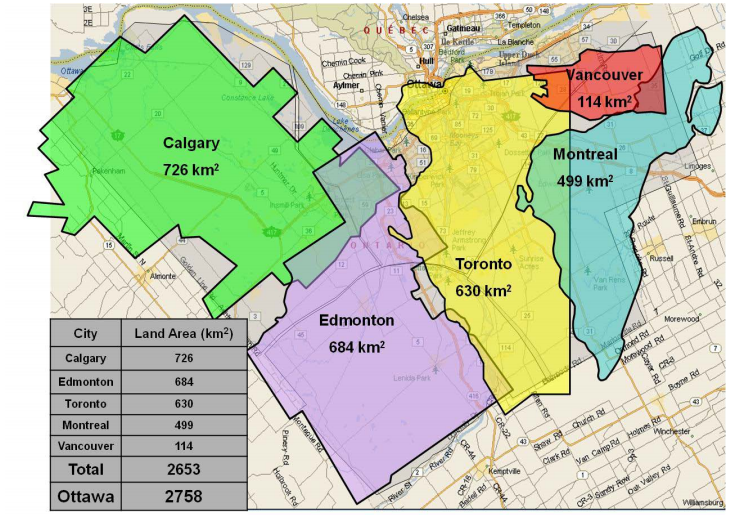Today everyone in the realty business is citing this particular story by HuffPost: –
Best Cities To Invest In Real Estate? Those Would Be Toronto, Vancouver, Calgary
 Image Source
Image Source
The Huffington Post Canada
Canadian cities top the world for the real estate markets that make the best bet for long-term investment, according to a study from U.K. property developer Grosvenor — but they may not be such a great investment in the short term.
Toronto, Vancouver and Calgary took the top three spots, respectively, on the survey that aims to measure which real estate markets are the most resilient, and therefore make the best long-term investment.
“Canada, as a whole, is doing exceptionally well in developing resiliency,” Richard Barkham, group research director at Grosvenor, said in a statement.
“The top three most-resilient cities in Grosvenor’s Resiliency index are Toronto, Vancouver and Calgary. For investors in property and real estate, it makes Canada a very sound long-term investment.”
Barkham singled out Toronto for praise, saying the city’s long-term commitment to developing and upgrading infrastructure placed it at the top of the rankings.
The three top-ranking cities were the only Canadian ones surveyed in the study. Chicago came in fourth place.
Are you a journo ?
This is the kind of write up real estate agents will want to tweet … not something negative like this one,
Canada’s New Real Estate Bubble: Realtors
Canadian homeowners and investors were warned by economists about the possibility of another real estate bubble after prices rose by 60% more in the first quarter of 2014 than in just one year prior; however this time the focus may be on something a little different. The largest group of victims of any fallout from this real estate boom will likely be realtors. A number of the 108,706 (and counting) realtors may find themselves in need of a life preserver in the next several years when the bubble bursts. With that number of realtors, that’s an approximate 1 realtor for every 245 Canadians over the age of 19.
In a labor force survey, Statistics Canada reported there are almost as many people representing the sale of homes as there are people building them. The number of carpenters was reported at 131,000.
Realtor growth in Canada has been countrywide, but Toronto has seen a particular housing boom and may be the hottest real estate market in Canada next to Vancouver right now. Toronto’s average home price is at $1 million for a single-family home (exact figure reported at $1,012,072). Many experts in Canada’s real estate market say Toronto’s market has played a large part in the rise in realtor numbers.
The allure of a flexible schedule and the promise of “quick and easy money” from the commissions made on home sales continues to draw droves of people to the industry. For the average wage earner, the sale of just two homes could earn a commission equal to one year’s salary. According to Shelly Koral, director of OREA College, “We see a very diverse mix in our [real estate] classes. They’re made of a combination of high school graduates, folks at university doing it on the side, retirees, and a diverse mix in terms of cultural backgrounds.”
According to a Financial Post report in May, 2014, the Toronto Real Estate Board suggested it had more than 39,000 realtors up from 35,000 just one year prior, and from 31,000 the year prior to that. Ten years ago the number of realtors was reported at approximately 20,000.
Phil Soper, Chief Executive of Royal LePage Real Estate Services, has a slightly cynical take on the matter, “This is a real regional story. If you look at Quebec, where they took a different approach to licensing and professionalism by increasing the length of time and difficulty to get your licence, their ranks have shrunk. You’ve got speculative agents who get their licence on the chance they might be able to sell a home.”
Soper also says so-called license warehouses have been created where salespersons are housed, but not trained nor managed in any meaningful way, “They are really only brokerages in name only.”
The U.S. experienced a similar occurrence back in the late 1990’s and early 2000’s when realtors saturated the market in search of fast money and freedom from cubicles. Some say the U.S. market continues to be saturated with agents and that similar problems exist where the average real estate agent is poorly trained and largely unprofessional, and often viewed as nothing more than a commission-seeking robot.
Nevertheless, the numbers of realtors in Canada’s current market will undoubtedly correct itself in the aftermath of this bubble just as it has throughout the industry’s history.